
The Future of Freedom
Illiberal Democracy at Home and Abroad
Recommendation
This is a great example of a highly acclaimed book that actually deserves its reputation. Author Fareed Zakaria’s refreshing perspective explains the political and economic world in a new way. He tackles political theory with bright witty style, so you barely notice that you are traveling through intellectually dense presentations on the distinctions between democracy and liberalism, how to rechannel Islamic fundamentalism, the problem with lobbying, the decline of American political parties and the end of authoritarianism. Zakaria clarifies many of the problems relating to the downside of democracy by providing an innovative perspective on the world’s most serious problems. In this creative, well-researched and thought-provoking volume, he addresses economics, politics and social institutions around the globe. getAbstract.com highly recommends this exceptional book, which is packed with informative, provocative material. Corporate leaders and managers who are interested in the future of liberal democracy and the challenges facing modern society should read every page.
Summary
About the Author
Fareed Zakaria is the editor of Newsweek International and a political analyst for ABC News. He was managing editor of Foreign Affairs for eight years. Yale- and Harvard-educated, he is the author of From Wealth to Power: The Unusual Origins of America’s World Role and co-editor of The American Encounter. He has written for The Wall Street Journal, The New York Times, The New Yorker and Slate.com.











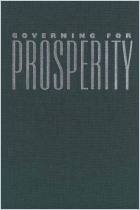
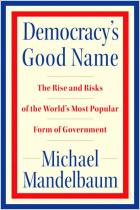
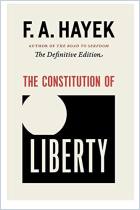
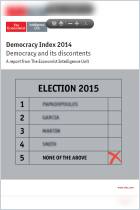





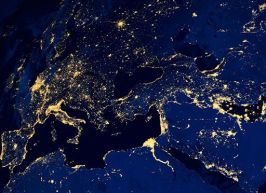

Comment on this summary or Начать обсуждение